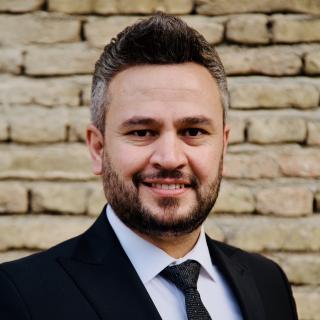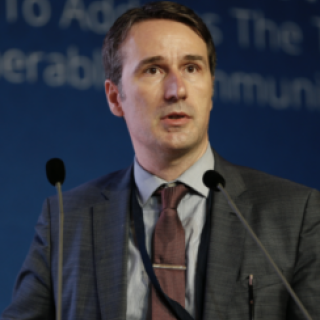The impact of the Israel-Hamas conflict extends well beyond the geographical border of the conflict. Not only are direct neighbouring states impacted through incidental attacks by proxies, and responses by Israel or allies, destabilizing the broader region, but the impact of the war is also tangible beyond the Middle East. The conflict has polarised the public debate in many countries, and brought people to the street in protest. In the Middle East itself, it has also had a polarising effect. When people take to the streets they are met with securitized responses, such as in Jordan. Tensions between pro Hezbollah and other factions in for instance Lebanon are on the rise. Some pro Hamas regions in Iraq find higher levels of radicalisation. The tensions have also resulted in serious threats to both Muslim and Jewish organisations, terrorist attacks, and foiled plots in Western Europe. Mis- and disinformation are furthermore fuelling these fractures. Meanwhile, several arrests have been made in Western Europe, of which the most remarkable was related to the arrest of members of a Hamas terrorist cell planning attacks against Jewish organisations in Europe. Terrorist organisations like AQ and ISIS are moreover capitalising on the real or perceived anger of Muslim communities towards the West, and are calling their supporters to plan attacks in the West.
Beyond Western Europe and the Middle East, in other parts of the world the conflict also divides communities and creates tension between governments and communities because the policies are met with criticism, and responses to critical voices are not always constructive. Particularly American or European actors and donors are scrutinized and/or banned, making it hard to continue capacity building activities. The resentment against the West that was in several regions already present, is further exacerbated, partly due to mis/disinformation and Western countries’ positions vis-a-vis the conflict. It furthermore has a paralyzing impact on some diplomatic representations that are confronted with a credibility issue. The long-term effects of this build up tension and eroding trust are undermining US and EU objectives to build strong partnerships to enhance security cooperation. Such anti-West sentiments might moreover be exacerbated and instrumentalised as part of violent extremist groups’ propaganda and recruitment strategies.
In this webinar, the speakers took us on a quick tour of the world reflecting on the spill-over effects of the Israel-Hamas conflict. They will reflect on the following questions:
- How is the conflict impacting the public debate? Is a nuanced dialogue still possible?
- Does the conflict have a horizontal or vertical polarising effect in society?
- Are there signs of perceived grievances turning into a ground for recruitment?
- What is the perception of the population and government vis-à-vis Western countries supporting Israel’s right to defend itself?
- What are the effects of these perceptions on Western interests, and or potential for Western (donor) support in certain regions?

Speakers:
Moderator: Bibi van Ginkel, LLM, Programme Lead/Senior Researcher PCVE, ICCT
On the impact on Africa: Martin Ewi, Senior Researcher ISS/Associate fellow ICCT, South Africa
On the impact on Iraq: Kamaran Palani Associate fellow PCVE, ICCT
On the impact on Lebanon: Christina Foerch, Co-founder Fighters for Peace Lebanon
On the impact in the West Balkans: Adrian Shtuni, CEO and Principal Consultant of Shtuni Consulting LLC
On the impact in Dutch cities: Taco Temminck Tuinstra, Senior Advisor at Amsterdam Municipality
General reflections: Peter Knoope, former Director of ICCT










